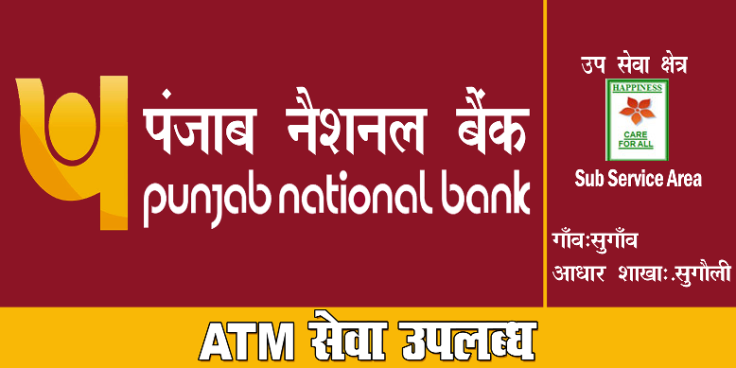Massive Consolidation of India’s Public Sector Banks Takes Effect

KEY POINTS
- India now has 12 public sector banka, down from 27 in 2017.
- The consolidation is part of the Indian government’s plan to achieve a $5 trillion economy by 2025
- The government maintained that the mergers will not result in job losses
India’s public sector banking, or PSB, landscape was drastically altered on Wednesday with the biggest consolidation in history.
Six PSBs -- Oriental Bank of Commerce, United Bank of India, Syndicate Bank, Andhra Bank, Corporation Bank and Allahabad Bank -- were merged into four bigger lenders in order to make them globally competitive.
Specifically, Oriental Bank of Commerce and United Bank of India both merged into Punjab National Bank; Syndicate Bank merged into Canara Bank; Andhra Bank and Corporation Bank were merged into Union Bank of India; and Allahabad Bank merged into Indian Bank.
As a result of the consolidation, there are now seven large PSBs, and five smaller ones, or twelve in total. As recently as 2017, there were as many as 27 PSBs.
The government’s Department of Financial Services, which falls under the Ministry Of Finance, said this massive amalgamation will mark “a new dawn” for Indian banking and lead to “faster loan processing” and more “specialized products for customers.”
The consolidation is part of the Indian government’s plan to achieve a $5 trillion economy by the year 2025 (up from $3.2 trillion currently).
The government has also maintained that the mergers will not result in job losses despite the worries of trade unions representing bank workers.
Punjab National Bank, or PNB, is now the second largest state-owned bank in the country, after only the State Bank of India.
PNB now boasts more than 11,000 branches, more 13,000 ATMs and 100,000 employees.
"The bigger geographical footprint will help us serve our customers more effectively and efficiently," said PNB managing director S.S. Mallikarjuna Rao.
Canara Bank is now the fourth largest state-owned bank by assets, with 91,685 employees, 10,391 branches, 12,829 ATMs along with loans and deposits of more than 16 trillion rupees ($209 billion).
“The combined entity will be large but with an unchanged approach to grass-rooting banking, customer… satisfaction,” said L.V. Prabhakar, chief executive of Canara Bank. “The amalgamated bank shall massively enhance the reach of banking services to the larger public and augment the financial inclusion activities currently underway."
Union Bank is now the fifth largest public sector lender.
"We now offer our customers a much wider access to branches, ATM, digital services and credit facilities and are now in a much stronger position as a bank," said Union Bank CEO Rajkiran Rai G.
Indian Bank will now have loans and deposits of 8 trillion rupees ($104 billion), 6,000-plus branches, 4,800 ATMs, and 43,000 employees serving 120 million customers.
While some critics questioned the timing of these planned mergers – in the middle of a nationwide lockdown to fight the coronavirus epidemic – the chiefs of the acquiring banks were confident the change will occur smoothly.
"We don't foresee any problem [as] it is going as per the plan. We have reviewed [our operations] in the light of this [virus] situation... Certain [modifications] in implementation we have [enacted] so that there is no disruption for employees and customers. We are ensuring zero disruption," said Rai of Union Bank.
However, as banks are working with a minimum of staff due to the lockdown, Union Bank and others are resorting to teleconferencing and social media to communicate with customers and other banks.
“We are using social media to communicate with the staff and I have also written direct letters to customers. With [regional bank] heads, we are talking through videoconferencing," said Rai.
A senior member of the opposition Congress party Jairam Ramesh condemned the wave of consolidations.
"These bank mergers are based on a faulty assumption that bigger the better. This has never worked. There are other issues related to work culture, traditions, human resources that are forgotten in this [misguided] craze for bigger balance sheets," Ramesh said.
Ramesh, who is from Karnataka, also mourned the loss of two well-known South Indian banks.
"Today two pioneers in Indian banking -- Andhra Bank and Syndicate Bank -- lose their distinctive identity. Andhra was started by stalwart Congressman B. Pattabhi Sitaramayya and Syndicate [Bank] by the great [banker and philanthropist] T.M.A. Pai. I am not a supporter of bank mergers at all and opposed it in Parliament," he tweeted.
© Copyright IBTimes 2024. All rights reserved.




















